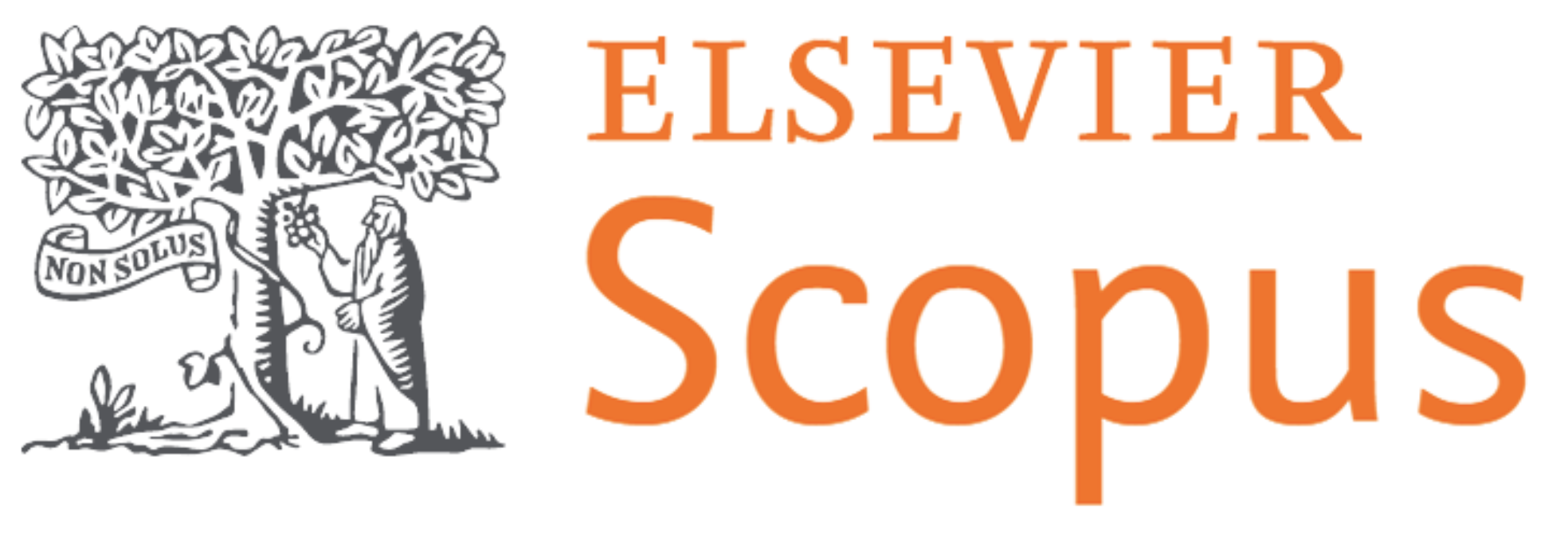Management of Solid Wastes Produced in a Sugaralcohol Industry Aiming at Proper Storing and Final Disposal
DOI:
https://doi.org/10.17765/2176-9168.2014v7n1p%25pKeywords:
Education, Environmental Management, Preservation of The EnvironmentAbstract
Industries are currently seeking improvements with regard to the environmental impact caused by their productive process. These exigencies have arisen from the environment and from the market. Current essay employs survey research which identifies forms of control, storing and final disposal of industrial solid wastes to attend to the needs of the sugar-alcohol industry in a sustainable manner through a decrease in environmental impact. The industry and its personnel will thus comply with legal requirements while seeking solutions and implanting an environmental correct model for the control, storage and final disposal of solid wastes and their decrease. A questionnaire-based survey was undertaken with the industry´s collaborators. The study also endeavored to demonstrate ideas and attitudes which may educate environmentally the personnel and make them accountable for their social and environmental role in the industry and in society. It would thus make them aware of the importance of control, storage and final disposal of solid wastes so that attitudes would be taken that reduce their production. This is not merely a strategic issue but a need within the environmental context. Results show that deeper knowledge on methodology and motivation of the firm and its employees in the application of the above-mentioned tools becomes a highly attractive option for the sustainability of the organization and of society in which it is inserted.Downloads
Published
2013-06-13
How to Cite
Zaniboni, P. H., & Schmidt, C. A. P. (2013). Management of Solid Wastes Produced in a Sugaralcohol Industry Aiming at Proper Storing and Final Disposal. Revista Em Agronegócio E Meio Ambiente, 7(1). https://doi.org/10.17765/2176-9168.2014v7n1p%p
Issue
Section
Environment
License
A Revista se reserva o direito de efetuar, nos originais, alterações de ordem normativa, ortográfica e gramatical, com o intuito de manter o padrão culto da língua, respeitando, porém, o estilo dos autores. As opiniões emitidas pelos autores são de sua exclusiva responsabilidade.Os direitos autorais pertencem exclusivamente aos autores. Os direitos de licenciamento utilizado pelo periódico é a licença Creative Commons Attribution
 Creative Commons Atribuição 4.0 Internacional. São permitidos o compartilhamento (cópia e distribuição do material em qualquer meio ou formato) e adaptação (remixar, transformar, e criar a partir do trabalho, mesmo para fins comerciais), desde que lhe atribuam o devido crédito pela criação original.
Creative Commons Atribuição 4.0 Internacional. São permitidos o compartilhamento (cópia e distribuição do material em qualquer meio ou formato) e adaptação (remixar, transformar, e criar a partir do trabalho, mesmo para fins comerciais), desde que lhe atribuam o devido crédito pela criação original.










